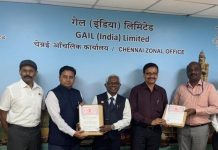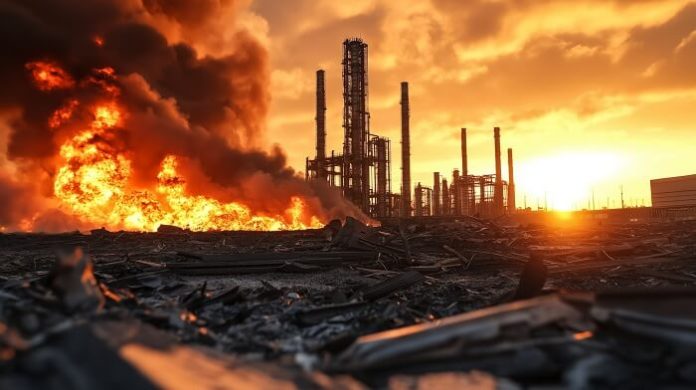As part of the Government of India’s Action Plan for Viksit Bharat@2047, the Department of Chemicals and Petrochemicals (DCPC) hosted its second training program on “Chemical and Petrochemical Industrial Safety”.
The two-day residential session, held in New Delhi from December 16–17, 2024, focused on enhancing safety measures for Major Accident Hazard (MAH) units in the chemical and petrochemical sector.
A Comprehensive Initiative on Industrial Safety
The program promotes industrial chemical safety and security across India as part of a broader series.
With 2,393 MAH units identified nationwide, the Department has planned a total of forty-eight training programs over five years to address their safety needs.
In the current financial year, six additional training sessions are scheduled to ensure robust coverage.
Diverse Participation and Expert Engagement
The Delhi program attracted 111 representatives from 58 chemical industries, including 48 MAH units based in the NCR region.
Over two days, experts from industries, IITs, NITs, and other reputed institutions delivered thirteen specialized lectures, providing participants with actionable insights and strategies for improving industrial safety.
Key Topics and Thematic Areas Covered
The training covered a wide range of critical topics designed to enhance safety measures and regulatory compliance. Some of the key areas included:
- Accident and Risk Management: Strategies for risk assessment and loss prevention.
- Environmental Protection and Spill Prevention: Best practices to minimize environmental hazards.
- Fire and Explosion Safety: Techniques to prevent and respond to fire-related incidents.
- Advanced Risk Assessment Techniques: Introduction to HAZAN, HAZOP, and HIRA methodologies.
- Crisis Management and Disaster Risk Reduction (DRR): Developing and implementing effective crisis plans.
- Regulatory and Standard Compliance: Understanding labeling, Safety Data Sheets (SDS), and emergency preparedness.
- Process Safety Management (PSM): Enhancing overall industrial safety through better processes.
- Hazardous Waste Management: Techniques for proper disposal and waste reduction.
- Role of ICT and Technology: Leveraging technology for chemical safety and emergency response.
A Commitment to Safer Industrial Practices
Through this series of training programs, the government of India is ensuring that industries are better prepared to handle hazards, prevent accidents, and comply with safety standards.
As reported by pib.gov.in, by equipping professionals with the right knowledge and tools, the initiative underscores the government’s commitment to creating a safer and more secure industrial landscape by 2047.
































